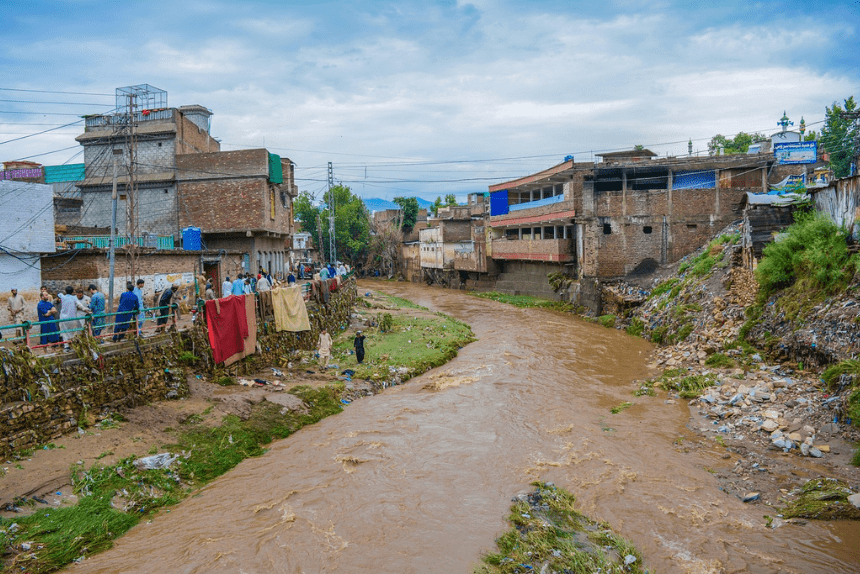Extreme weather events are getting worse in Asia, from deadly floods to severe heat waves. These weather patterns, such as heavy rain, hot temperatures, and severe storms, have caused a lot of damage and killed hundreds of people. Experts all agree that climate change is making these things happen more often and in ways that are hard to predict. The area is getting warmer almost twice as quickly as the rest of the world, which makes it more dangerous. Extreme weather causes both human misery and economic loss.
What are the effects of extreme weather on Asia?
Extreme weather has cost Asia a lot of money over the past thirty years. The World Meteorological Organization (WMO) says that the area has lost an incredible $2 trillion because of natural disasters like floods, droughts, and heatwaves. These events are happening more often and with more force, and cities all around Asia are seeing weather patterns that have never been seen before. This developing dilemma shows how important it is to take action on climate change to lessen the effects of extreme weather. Here is the link to our article on Flood Management Strategies.
Why is the weather getting worse in Asia?
Global climate change is to blame for the worsening weather patterns getting worse. The rise in global temperatures has changed the way atmospheric pressure systems work, which has caused storms to be stronger, heat waves to last longer, and rain to fall in strange patterns. Experts say that Asia is more vulnerable to harsh weather because it is warming up faster than other parts of the world. Japan, South Korea, and Vietnam are all getting quite hot, while China and Pakistan are dealing with a lot of flooding and landslides.
What’s going on in Japan and South Korea?
Japan’s harsh weather has gotten really bad. Gunma Prefecture had the warmest day in the country’s history recently, with a temperature of 41.8°C (107°F). There have been a lot more deaths from heatstroke lately, and authorities have even stopped rail services because of the potential of heatwarping. In July, South Korea had a record 22 tropical nights in a row, with temperatures staying over 25°C. Emergency services have been swamped with patients connected to the heat. Even while the rain has brought some respite, officials in both countries are still trying to figure out how to handle the ongoing situation. Here is the link to our article on the Texas Flood Crisis.
Why are floods hitting China and Pakistan?
While China and Pakistan are dealing with terrible flooding, Southeast Asia is baking in the heat. Heavy rain and floods in southern China have killed hundreds of people and damaged a lot of property. The heavy rains have made the chikungunya virus much more dangerous in the area. In the meantime, flash floods caused by cloudbursts have also destroyed northern India and Pakistan, killing many people and leaving many others missing. Almost 300 people have died in Pakistan because of disasters caused by rain. The Punjab state has been hit hard.
How does climate change make bad weather worse?
Scientists have said that climate change is making extreme weather occurrences worse. As the world’s temperatures rise, weather systems get stronger. This includes tropical storms, heat waves, and heavy rain. The extreme weather patterns seen in Asia make it evident that the world needs to work together quickly to lessen the effects of climate change. Because Asia is one of the most vulnerable areas, it needs to quickly change how it responds to disasters and adapt to the worsening weather.
Final Thoughts on Extreme Weather in Asia
There is no denying that extreme weather in Asia has an effect, and it is getting worse as the climate catastrophe worsens. These disasters are causing a lot of damage to people, buildings, and economies all across the world, from extreme heat in Japan and South Korea to deadly floods in China and Pakistan. As Asia experiences more frequent and severe extreme weather events, it is essential for governments, scientists, and communities to work together to find long-term ways to safeguard people who are most at risk. The region’s experience shows how important it is for the world to take action on climate change to stop its repercussions.








